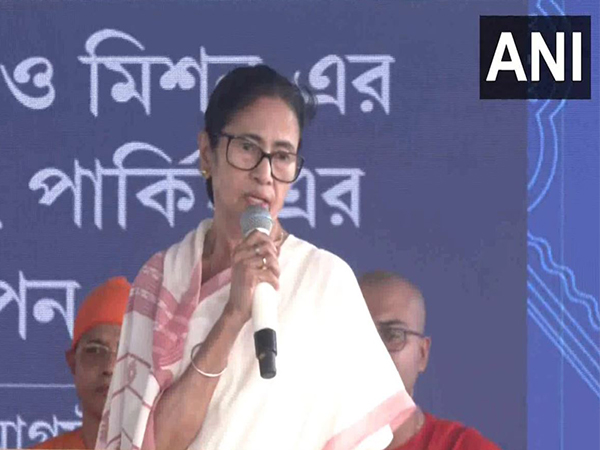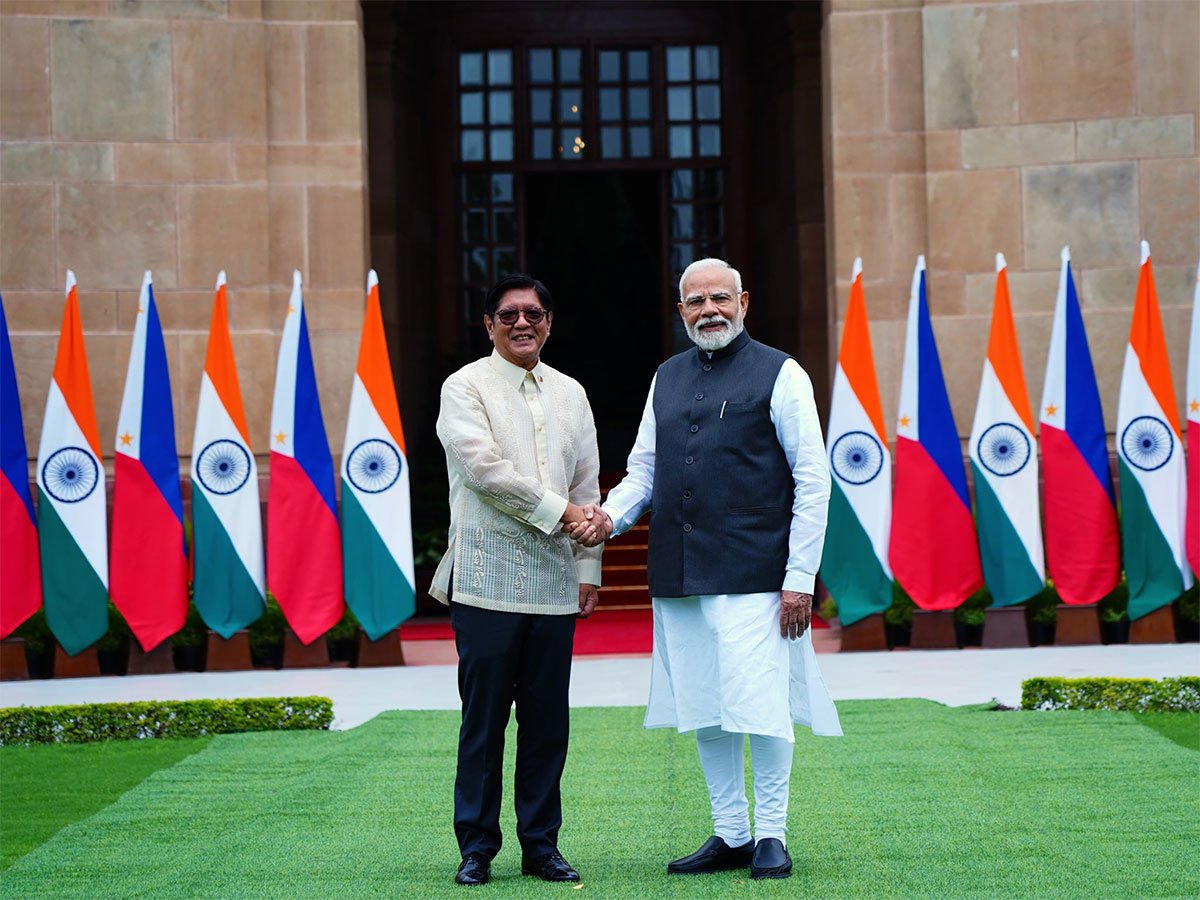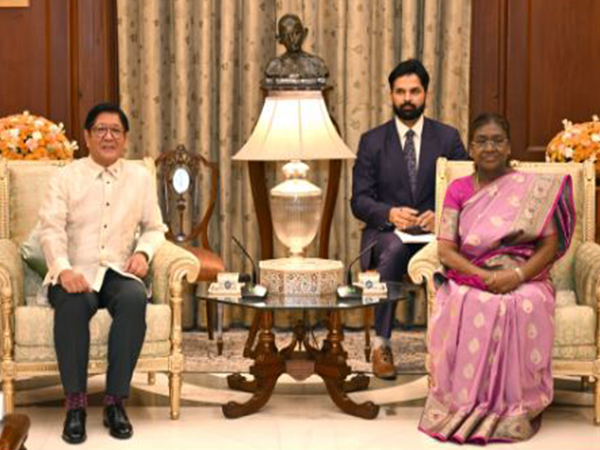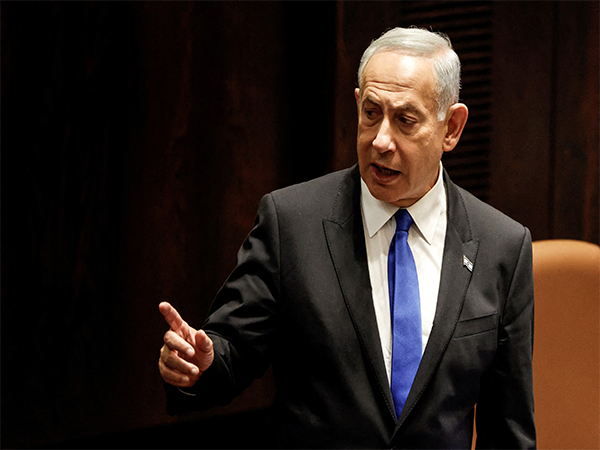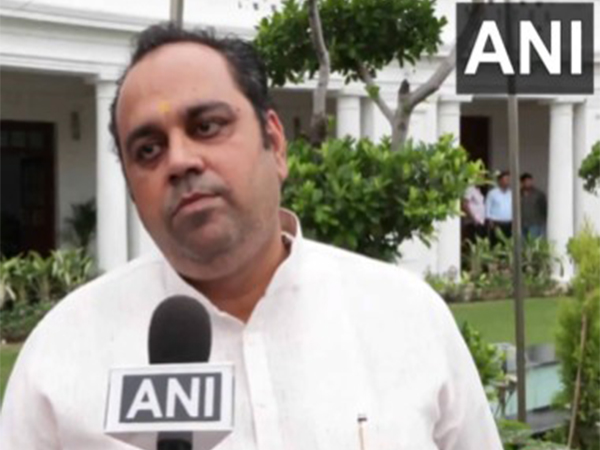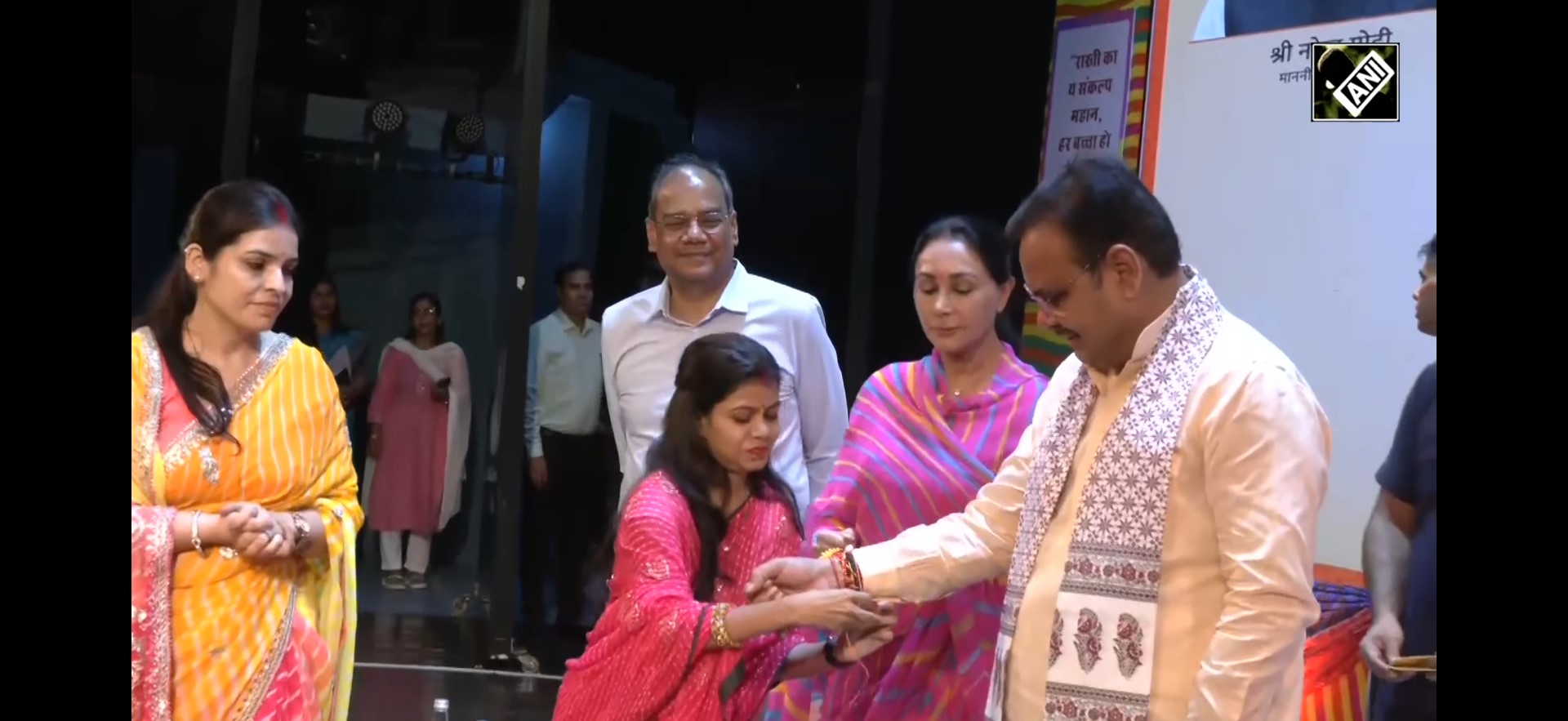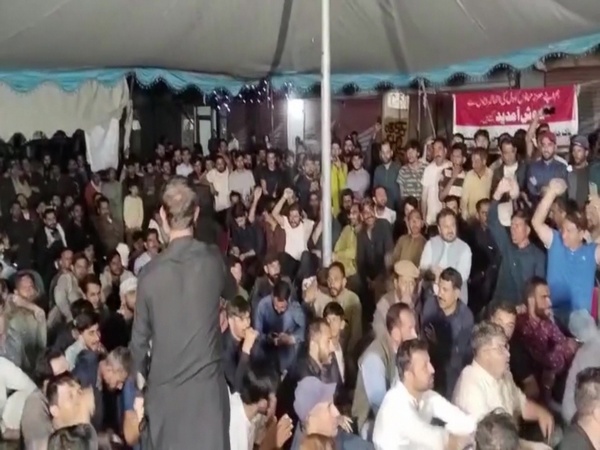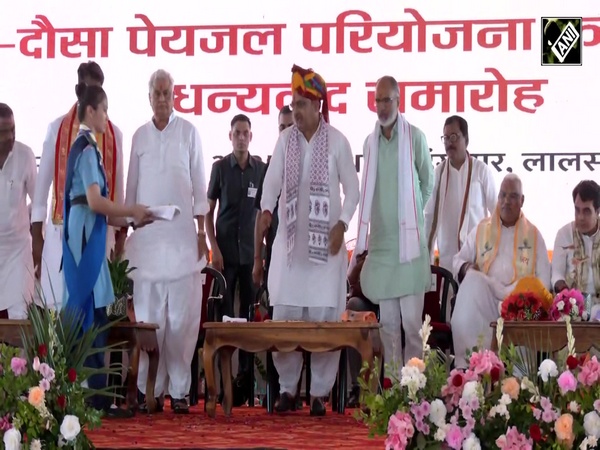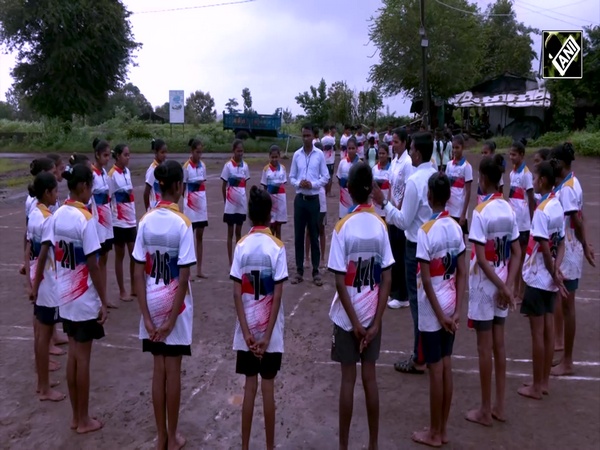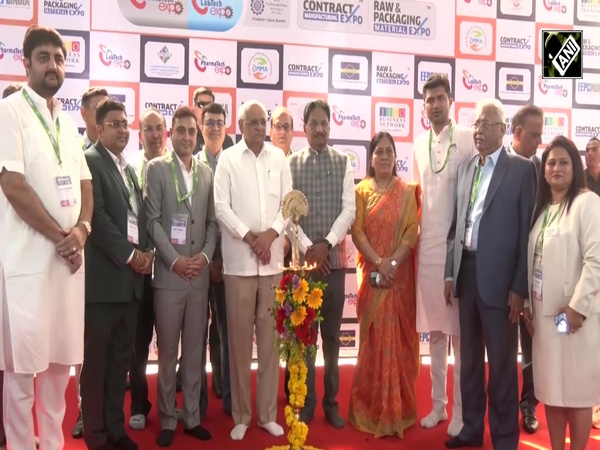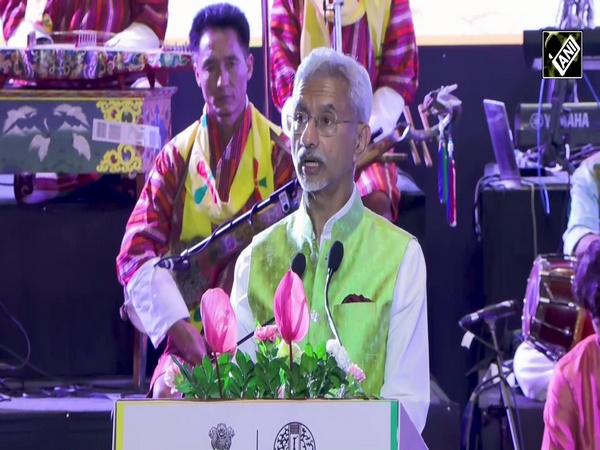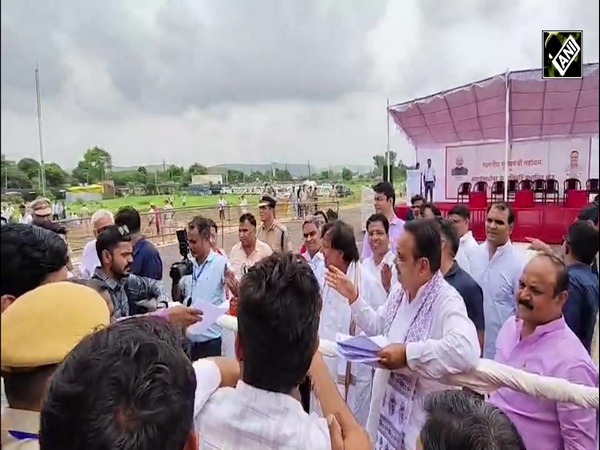Research finds unique genetic signatures in different types of cancer
Nov 03, 2022

Washington [US], November 3 : A recent research has identified a unique genetic signature among subsets of infiltrating T cells of different types of cancer after analyzing data from a public repository, CD4-T, CD8-T cells, and Treg.
The research, published in the International Journal of Molecular Sciences, was led by bioinformatics Mabel Vidal from the University of Concepcion, and with the collaboration of researchers from MELISA Institute and other academic institutions.
The immune system is made up of different cells that, together, protect the body from infection or tumour cell growth. T lymphocytes are the main actors in the acknowledgement of pathogenic antigens or neoplastic transformation. These can be divided into three main subpopulations: Cytotoxic CD8+ T cells, which destroy the pathogenic agents, auxiliary CD4+ T cells, which participate in the differentiation of different effector lineages, and Tregs, which regulate or modulate immune response.
While these T-cell subsets are known to infiltrate different types of cancer, it is not clear whether or not they exhibit similar mRNA gene expression profiles -known as transcriptome- compared to resident T cells from healthy tissues. For that reason, this research analyzed the single-cell transcriptome of 5 infiltrating CD4-T, CD8-T and Tregs tumors obtained from different types of cancer, seeking to identify specific pathways for each subset in malignant environments.
First, transcriptome data for the most common cancers (colorectal, breast, lung, head and neck, and melanoma) were searched in public repositories (Gene Expression Omnibus), the different cell types were classified, and only those mRNA data corresponding to T cells were filtered. Then, researcher identified the biological pathways and functions that were common among the different types of cancers and that are not expressed in the control conditions.
For Dr. Mabel Vidal, the use of artificial intelligence (AI) was an essential tool to analyze the large volume of data and identify and remove errors in it: "To classify the different types of cells using an unsupervised method was a great challenge, because even if you know the identity of each of the T cells beforehand, as a scientist you have to generate a classification algorithm that is capable of automating this task for large volumes of data," expressed the scientist. She also added that, in taking public data, the information came from different experiments, instruments and research objectives in each case, so standardizing data was also a relevant and important challenge.
The second part of the research consisted of experimentally validating the classification algorithm, performing proteomics at MELISA Institute's laboratories and using transcriptomics data previously obtained from laboratory of Dr. Estefania Nova-Lamperti of the University of Concepcion.
Regarding the validation stage, Nova-Lamperti explained that "We already had samples from patients with different types of cancer, and we were partially aware of common signaling pathways among them. In this research we found that the signaling of cytokines mediating the TH2 response is increased."
Mauricio Hernandez, Chief Laboratory Officer at MELISA Institute, explained that "to validate the results obtained from bioinformatics analyzes of transcriptomes of the different T-cell populations, we identified the protein profile, or proteome, of CD4 T cells using our mass spectrometer. In general, we obtained very good correlations from the point of view of the identified pathways."
Dr. Vidal observed that this study was conducted in a Machine Learning context, so the next thing will be to model it in a Deep Learning context and generate new models that are more accurate for single-cell analysis: "the idea is to integrate more data and identify common patterns, perhaps more specifically. So, the idea is to continue along the line of artificial intelligence".
Finally, Prof. Elard Koch, senior researcher and Chairman at the MELISA Institute, said that they were pleased with the collaboration in this study led by Dr. Vidal: "Collaborating and supporting with our proteomics capabilities for research is encouraging for our young scientists and a major goal for our institution" Koch remarked.





